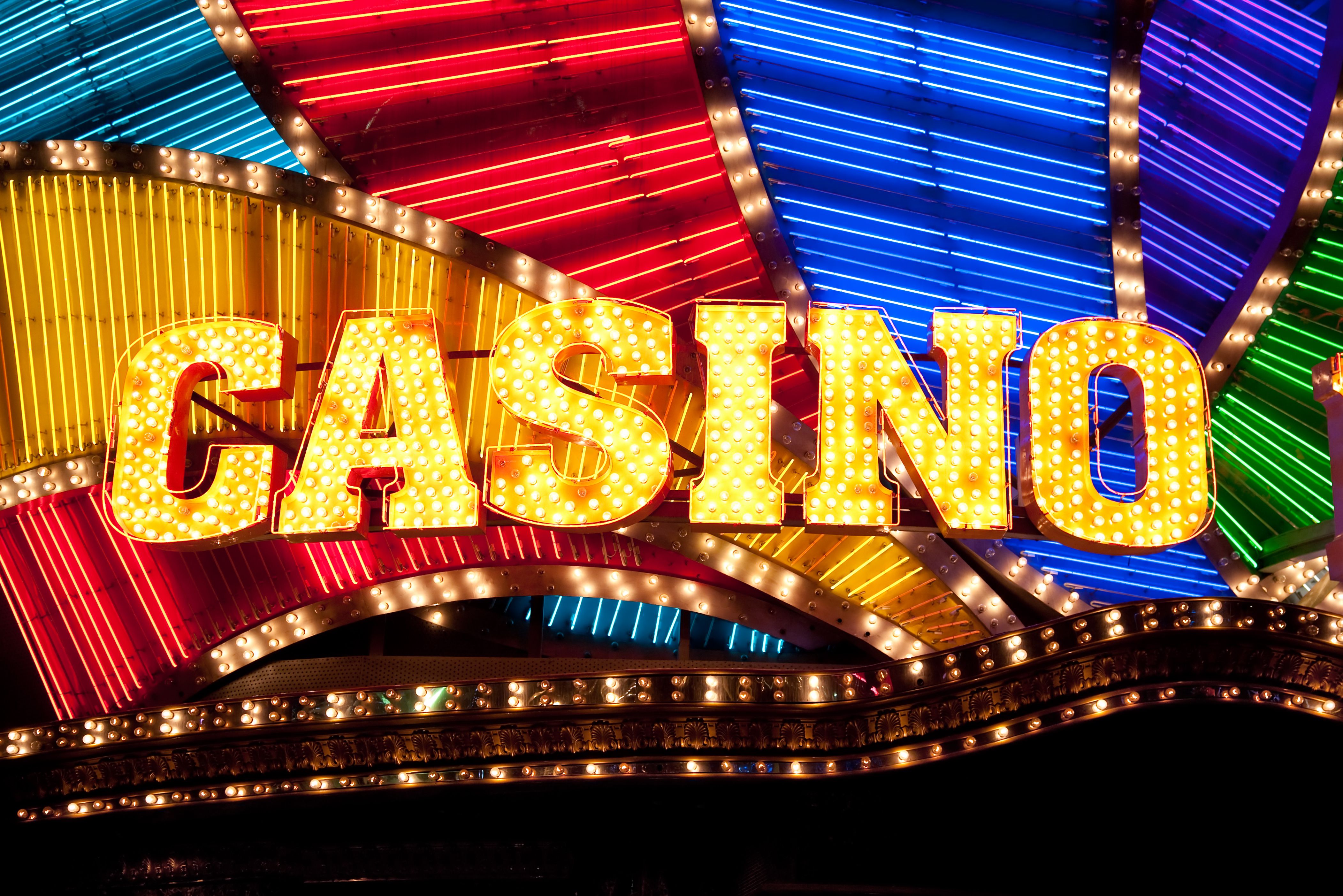
Gambling in casinos has long been a subject of interest and controversy, drawing in millions of players around the world. https://ga179.xyz/ With a mix of luck, strategy, and the excitement of uncertainty, casino games offer an exciting escape from everyday life. However, as entertainment becomes ever more accessible, it calls for a more thorough examination of the ethical implications surrounding these games.
At the heart of the discussion lies the issue of whether casinos promote safe gambling or exploit vulnerable individuals. The appeal of potential winnings versus the reality of losses can create a challenging dynamic, and understanding this balance is crucial for both players and operators. As we delve into the morals of casino gaming, we will explore the duties of casinos, the impact on society, and the measures that can be taken to foster a healthier gaming environment.
The Impact of Casino Gaming on Society
Casino gaming has a notable influence on the community, affecting not only the economy but also interpersonal dynamics and local frameworks. The income generated from casinos can lead to job creation and boost regional economies, as they provide multiple employment opportunities in different sectors including hospitality, leisure activities, and shopping. However, while the economic advantages can be significant, communities often struggle with the possible negative impacts that arise from increased gambling activity.
Moreover, the presence of casinos can lead to an rise in gambling addiction, presenting serious challenges for individuals and families. The excitement of casino games can quickly transform into a habitual habit, affecting personal relationships and leading to financial instability. Many individuals may find it difficult with the loss of control over their gambling habits, resulting in a need for community support services and interventions to address this increasing issue. The social cost of gambling addiction can ripple through families and neighborhoods, creating an urgent need for sensible gambling approaches.
In addition to the economic and social ramifications, casino gaming often reflects cultural attitudes towards uncertainty and leisure. It can foster a sense of joy and leisure, attracting visitors and boosting tourism. However, this allure may also mask the wider implications of gambling as a form of entertainment, provoking ethical questions about its promotion and availability. As communities weigh the advantages and drawbacks of casino gaming, the need for responsible practices and oversight becomes increasingly critical in ensuring that the beneficial elements are maximized while minimizing the negative effects.
Moral Concerns in Betting Practices
The morality of casino gaming often center around the risk for dependency and its consequences on people and families. Betting can lead to serious financial distress, impacting not only the gamblers but also their loved ones. As individuals become caught in the allure of winning, many lose track of their financial limits, which can result in catastrophic results such as insolvency. This poses moral questions about the responsibility of gambling establishments in fostering responsible gambling habits and offering support for those who may be struggling with betting addiction.
Another major issue is the advertising of gambling to vulnerable populations. Casinos often target low-income individuals or neighborhoods with the promise of quick rewards, which can perpetuate cycles of poverty and hopelessness. In this situation, the morality of marketing strategies used by casinos come under scrutiny, as they may take advantage of the desperation of people seeking an escape from financial hardships. This exploitation raises moral questions about the honesty of the betting industry and its responsibility to safeguard its most at-risk customers.
Additionally, the impact of gambling operations on the community as a entirety cannot be ignored. While some argue that gambling establishments create employment and stimulate local economies, others point to the social costs associated with dysfunctional betting, increased crime rates, and a burden on public resources. Balancing financial advantages with the potential for community issues presents a challenging moral dilemma for lawmakers and gambling operators alike. The challenge lies in finding a ethical approach that takes into account the welfare of individuals and communities while still permitting for the pleasure of casino activities.
Oversight Framework and Responsibilities
The legal structure pertaining to gambling games is created to ensure fairness, integrity, and player safety. Different government agencies and gambling commissions create and enforce regulations that dictate how casino activities work, the guidelines for game creation, and the procedures for processing winnings. These regulations change by region but usually involve permit requirements for operators and rigorous measures to avoid fraud and fraud.
In also to oversight bodies, casino businesses bear considerable duty in preserving ethical standards within their facilities. They must enforce safe gambling practices that promote participant security and education, including presenting self-exclusion options and offering information about the risks associated with gambling. Establishments are also accountable for instructing employees to spot signs of problem gambling and be aware of the correct steps to support patrons in trouble.
Additionally, transparency in casino operations is vital for gaining and preserving public confidence. Gaming establishments should provide clear data about the odds of operations, marketing deals, and any related risks. By creating an environment of transparency and trust, operators can help mitigate the possible adverse impact of gaming while improving the overall betting experience for all gamblers.